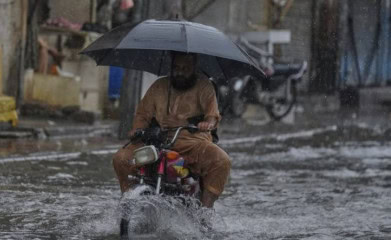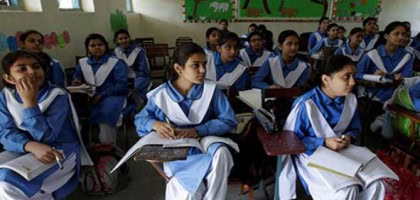LAHORE – The Punjab government is mulling over not suspending the mobile phone service on Youm-e-Ashur, which will be observed on July 6, this year.
Punjab Home Secretary Ahmad Javed Qazi said the decision be taken after reviewing the security situation across the province.
However, he said that there is an intention not to suspend mobile phone services in the province on the occasion of Youm-e-Ashura during Muharram.
He further stated that discussions have also been held with the federal government regarding not jamming mobile phone services.
Section 144 Imposed
Meanwhile, the Punjab government has imposed Section 144 across the province from 1st to 10th Muharram (June 27 to July 6, 2025) to maintain peace and security during the holy month. The restrictions include a ban on pillion riding and several other measures aimed at ensuring public safety and sectarian harmony.
Punjab Home Department said that the notification regarding Section 144 outlines seven specific restrictions during this period was issued. Restrictions include the prohibition of unauthorized processions and gatherings, and the complete ban on carrying or displaying weapons, explosives or inflammable materials in public places without permission from relevant authorities.
Only permitted mourning processions (jaloos) and religious gatherings (majalis) will be allowed. Furthermore, any slogans, gestures or statements that could incite sectarian or ethnic sentiments are strictly forbidden. The ban also applies to hate speech and sectarian content shared through social the media or any other medium.
Restrictions include a ban on:
Setting up vantage points or temporary structures on rooftops along procession routes
Collecting stones, bricks, bottles or other potentially harmful materials
Spectators gathering on rooftops during processions
Sitting or gathering on shop fronts (tharas)
The government specifically banned pillion riding on 9th and 10th Muharram while the rest of the restrictions would be in force throughout the ten-day period. However, the exemptions have been granted to elderly citizens, women and law enforcement personnel.



















